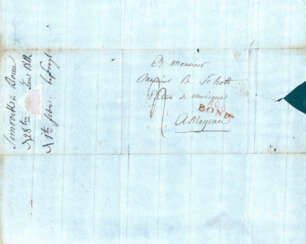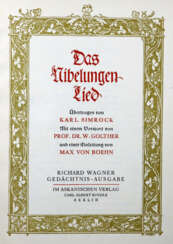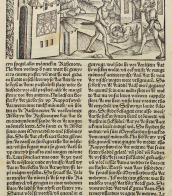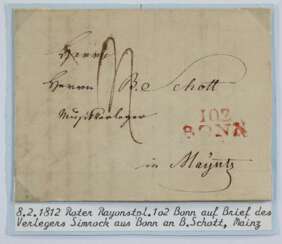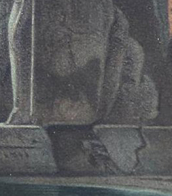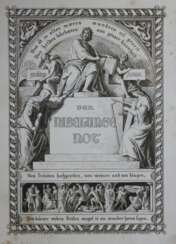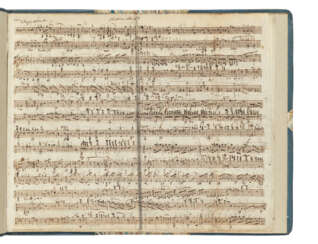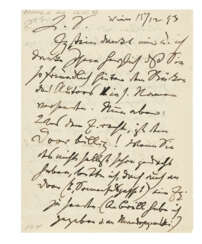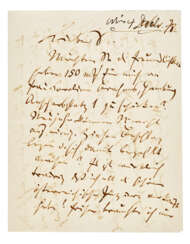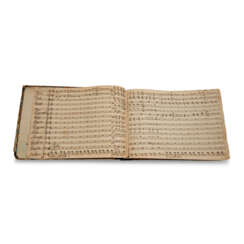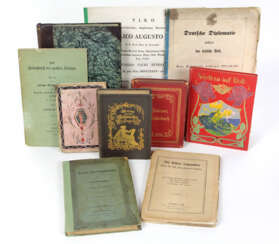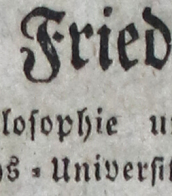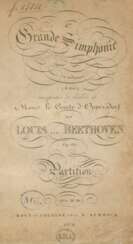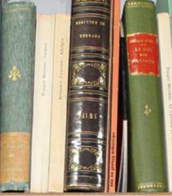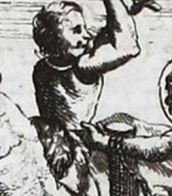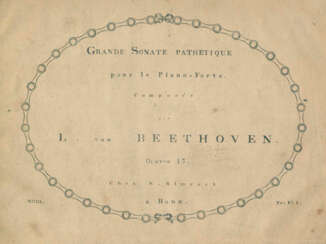simrock
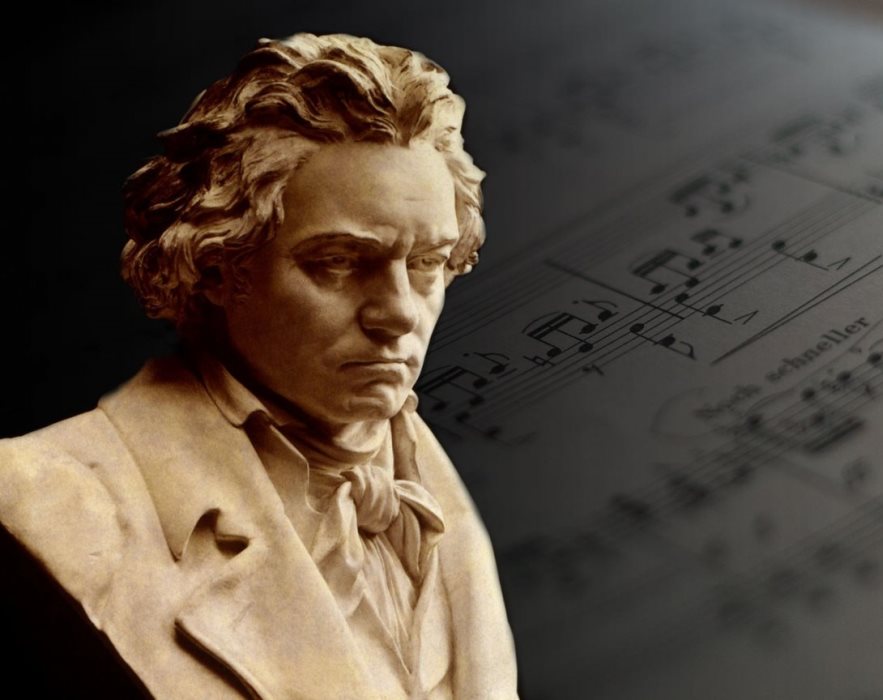
Ludwig van Beethoven was a German composer, pianist, and conductor, one of the most famous and celebrated composers in world history.
Beethoven showed an aptitude for music at a very early age; from the age of four his father began to teach him. Beethoven's early works - piano sonatas and symphonies - were composed under the strong influence of the music of the great classical composers Joseph Haydn and Wolfgang Amadeus Mozart. As Beethoven matured, however, he began to experiment with new forms and harmonic sequences, and his music became more complex and emotionally charged.
Unfortunately, at the height of his talent, Beethoven began to gradually lose his hearing, to the point of complete deafness by the end of his life. Despite this, he continued to compose and conduct, using special devices to feel the vibrations of the music.
Beethoven's work is considered pivotal in classical music and is a bridge between the classical and Romantic eras. His works vividly express a wide range of emotions, from triumph and joy to sadness and despair. Beethoven was also one of the first composers to include soloists and chorus in his symphonies. Beethoven's best-known works include nine symphonies, 32 piano sonatas, 16 string quartets and the heroic opera Fidelio. These and many other works have cemented Beethoven's place in music history as one of the greatest composers of all time. His music continues to be played and studied by musicians and music lovers around the world.
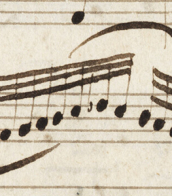
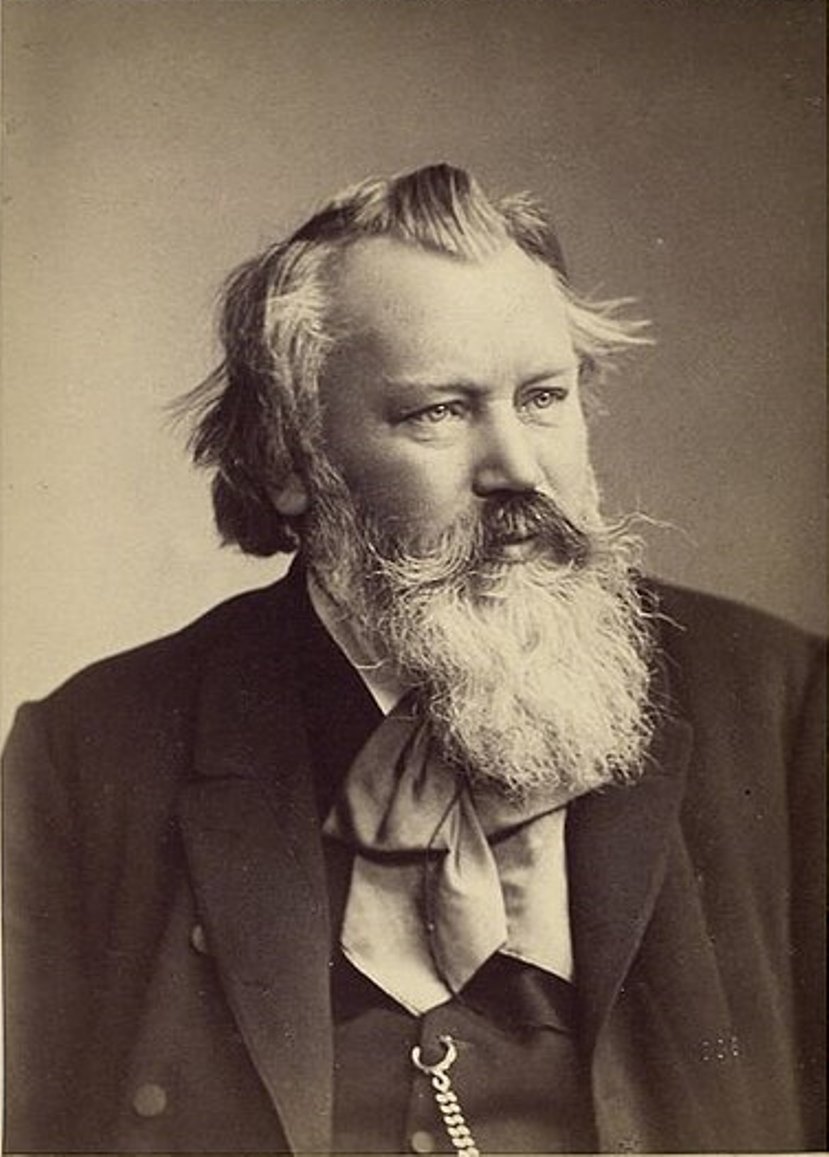
Johannes Brahms was a great German composer, conductor and pianist of the Romantic era.
Johannes showed a talent for music early on, learning to play the piano and earning a living from it; in 1850 he met the Hungarian violinist of Jewish origin Eduard Remenyi - from him he learned gypsy music, which often manifested itself in his later work.
In 1853, Brahms had a fateful encounter with the composer Robert Schumann. Schumann wrote an enthusiastic article about Brahms in a periodical, and from that moment the general public became aware of the young talent. In 1859 Brahms was appointed conductor of the women's choir in Hamburg, which gave him ample time for his own work. During this period he composed two Serenades for orchestra and a String Sextet in B flat major, and completed the Piano Concerto No 1 in D minor. A little later he settled in Vienna and directed the Singakademie choir.
In 1868 Brahms completed his most famous choral work, the German Requiem, which is still considered one of the most important works of 19th century choral music. The following year he composed two volumes of Hungarian Dances for piano duet - these were brilliant arrangements of gypsy melodies, their success was phenomenal, and they were performed all over the world.
For the rest of his life, Brahms never stopped composing works in a wide variety of genres: symphonies, concertos, chamber music, piano works, choral works, waltzes and songs. Brahms was a great master of the symphonic and sonata style of the second half of the nineteenth century, which placed him in the first ranks of German composers. He made his last concert appearance in March 1897, and died of cancer in Vienna in April.


Johannes Brahms was a great German composer, conductor and pianist of the Romantic era.
Johannes showed a talent for music early on, learning to play the piano and earning a living from it; in 1850 he met the Hungarian violinist of Jewish origin Eduard Remenyi - from him he learned gypsy music, which often manifested itself in his later work.
In 1853, Brahms had a fateful encounter with the composer Robert Schumann. Schumann wrote an enthusiastic article about Brahms in a periodical, and from that moment the general public became aware of the young talent. In 1859 Brahms was appointed conductor of the women's choir in Hamburg, which gave him ample time for his own work. During this period he composed two Serenades for orchestra and a String Sextet in B flat major, and completed the Piano Concerto No 1 in D minor. A little later he settled in Vienna and directed the Singakademie choir.
In 1868 Brahms completed his most famous choral work, the German Requiem, which is still considered one of the most important works of 19th century choral music. The following year he composed two volumes of Hungarian Dances for piano duet - these were brilliant arrangements of gypsy melodies, their success was phenomenal, and they were performed all over the world.
For the rest of his life, Brahms never stopped composing works in a wide variety of genres: symphonies, concertos, chamber music, piano works, choral works, waltzes and songs. Brahms was a great master of the symphonic and sonata style of the second half of the nineteenth century, which placed him in the first ranks of German composers. He made his last concert appearance in March 1897, and died of cancer in Vienna in April.

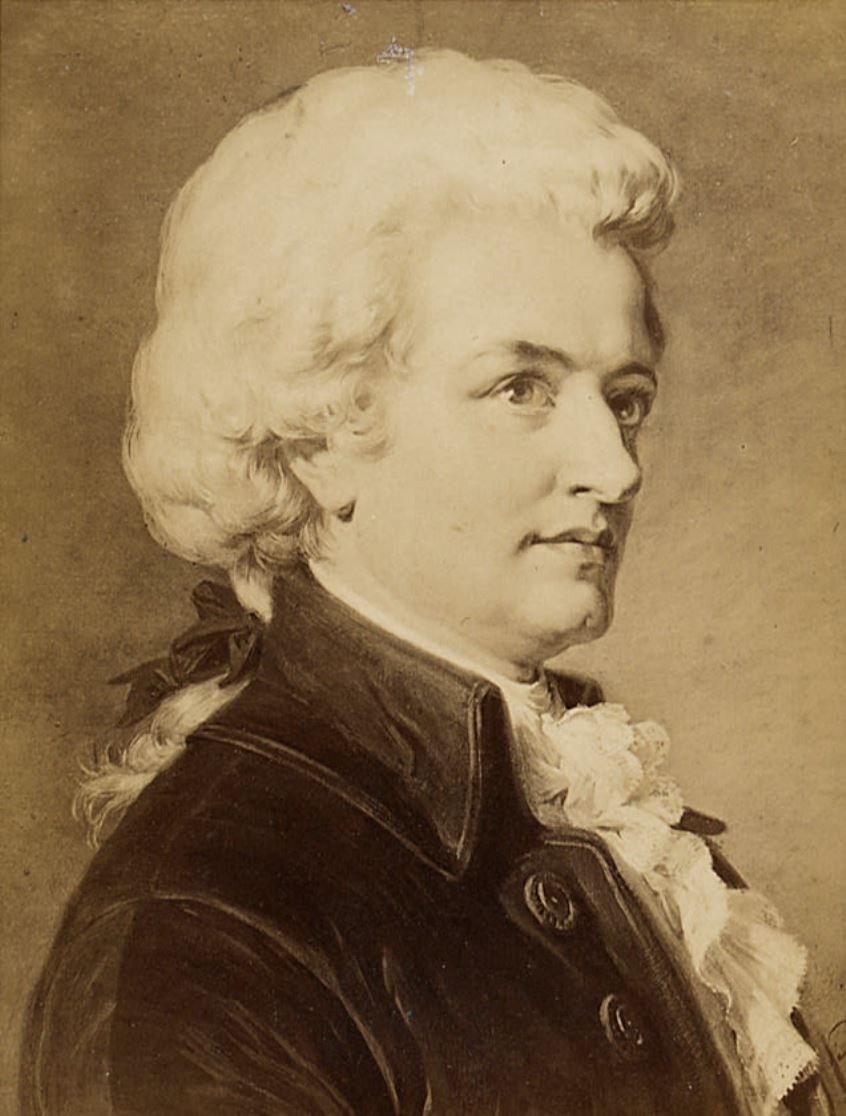
Wolfgang Amadeus Mozart, full name Johann Chrysostomus Wolfgang Amadeus Mozart, was an Austrian composer and virtuoso musician. Mozart is one of the greatest composers in music history on par with Beethoven and Haydn.
Wolfgang was born into the family of violinist and composer Leopold Mozart (1719-1787), at the age of five he had already begun composing and gave his first public performance. His older sister Maria Anna (1751-1829) was also a prodigy, and from 1763 Leopold and his children began traveling around Europe with performances.
Mozart had a phenomenal musical ear, memory and was a superb improviser. Unlike any other composer in music history, he was versatile and wrote in all musical genres of his time. During his short life, Mozart composed more than 800 works, many of which are recognized as the pinnacle of the symphonic, concert, chamber, opera and choral repertoire. The general public is familiar with the composer's three operas: The Marriage of Figaro, Don Giovanni and The Magic Flute.
Society did not immediately appreciate the scale of Mozart's genius. It was only many years later that the vivid image of a prodigy, a refined salon composer who could miraculously think through an entire work in his head, gave way to the image of a serious, meticulous and brilliant creator of music.

